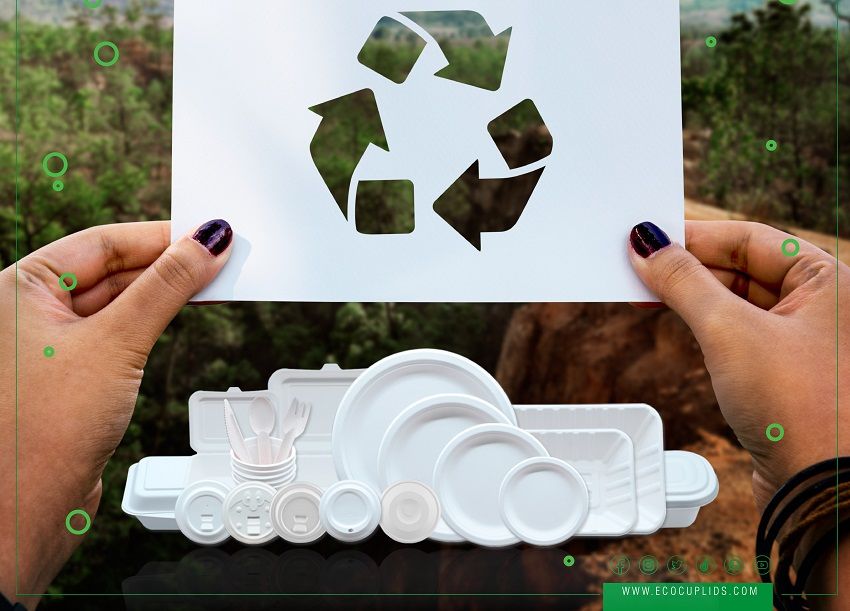Relationship Between Molded Pulp Packaging manufacturer and Environmental Protection
Amidst the world’s growing desire to live in harmony with nature and a growing awareness of humanity’s global destiny, environmental protection has long been a topic of study not only for experts and academics. According to a new study by Seattle Forecast (Waste Advantage): Trivium Packaging 2020, nearly three quarters (74%) of consumers are willing to pay more for sustainable packaging. The report, developed in partnership with The Boston Consulting Group, surveyed participants on their attitudes towards sustainable packaging and whether they would be willing to pay more for products in environmentally friendly packaging.
The report found that the majority of participants considered themselves to be environmentally conscious consumers, with more than two-thirds of them saying that environmentally friendly, recyclable packaging is very important. Of the 74% who said they would be willing to pay more for sustainable packaging, nearly a quarter – or more – would be willing to pay 10% or more for the increased cost. In China, although the pulp moulding industry has been developing for over 30 years, it is still a very niche category, with only a very small number of people understanding what pulp moulding is and the huge role, Molded Pulp can play in replacing disposable plastic, with some people focusing on simple packaging such as pulp moulded egg trays and lunch boxes, and even those not in the industry and even those working in the relevant management departments. With the further implementation of the plastic ban in China and the widespread use of molded pulp products in various fields, the positive role of pulp moulding as a green and environmentally friendly technology product is becoming more and more widely recognised and accepted.

According to statistics, as the world’s – largest producer and manufacturer, in 2019, China produced 189.991 million TV sets, 1.7 billion mobile phones, 74.33 million washing machines, 77.539 million refrigerators, 218.662 million air conditioners, 210.45 million electric fans, 84.99 million microwave ovens, and hundreds of millions of other small appliances. According to statistics,
in 2019, the output of enterprises above the scale of plastic products in China was close to 81.417 million tons, while the total processing capacity exceeded 100 million tons, ranking first in the world. In people’s clothing, food, housing and transport, almost all involve plastic products, only its waste accounted for 10% of its total output, the amount of waste will be more than 8.18 million tons, especially in the take-away fast food, e-commerce packaging and electrical appliances inside the packaging – the most huge amount of secondary plastic products. Nowadays, in major cities, tourist attractions, traffic routes and rivers, lakes and seas, discarded plastic items can be seen everywhere, and landfills are built around the city, and the damage to the human living environment and the various hazards thus formed can be described as alarming.
This is the fundamental reason why “white pollution” has become a “street rat”. More importantly, the huge harm caused by “white pollution” not only poses difficulties for environmental protection, but also adds an unwarranted economic burden to the country and its people. According to estimates, the direct and indirect disposal costs of one tonne of plastic waste can be up to 10 times more than its original value. As research into the environmental pollution and human threat posed by microplastics becomes more and more advanced, the dangers of microplastics are gradually surfacing. The latest studies show that microplastics have threatened the survival of marine life, as well as the development of tourism, fisheries and commerce, and that there are increasingly serious potential impacts on human health.
GreenOlive is one of the Molded Pulp Packaging manufacturer.

